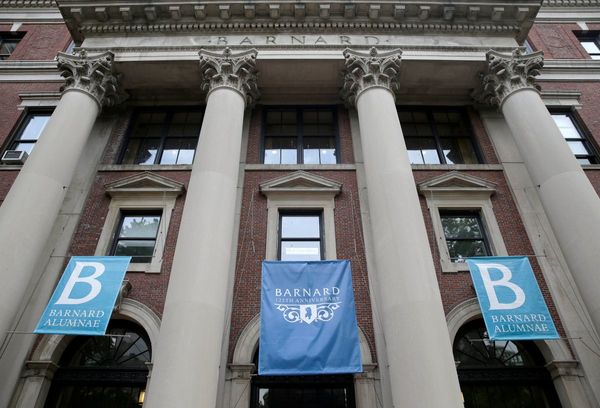
Stocks finished sharply higher Friday, despite one of the longest sell-offs in the Treasury bond market on record, as investors continue about the impact of Federal Federal Reserve rate hikes on a fragile global economy.
Benchmark 10-year Treasury note yields hit a fresh fourteen year high of 4.297% in early New York trading, extending one of the longest weekly stretches of declines since 1984 that has added more than 28 basis points to the paper in just over five trading days.
Yields eased to 4.22%, however, after the market open, allowing for solid gains across all three Wall Street indices, putting them on pace for a modest weekly gain.
The Dow Jones Industrial Average rose 748 points, or 2.47%, to 31,082, while the S&P 500 gained 2.37%. The tech-focused Nasdaq advanced 2.31%.
A better-than-expected reading for weekly jobless claims yesterday, which fell by 12,000 to around 214,000, set against more than 10 million unfilled positions in the world's biggest economy are cementing the case for a fifth jumbo rate hike from the Fed in December, with the chances of a 75 basis point move next month in Washington a virtual lock, according to the CME Group's FedWatch.
"The Fed meeting is still a week further away, but here US money markets have for the first time started to price a terminal rate of 5% for the Fed Funds effective rate," said ING analyst Padhraic Garvey. "To be sure, the market is still pricing the Fed turning towards cuts later next year, but Fed officials are pushing against that notion."
The move higher in yields, which has taken 2-year notes to 4.622% -- some 2.8% higher than the dividend yield on the S&P 500 and the biggest gap since 2007 -- is adding more heft to the U.S. dollar index, which rose 0.6% against its global peers in New York trading to 113.545 as stocks in Asia and Europe traded in the red following Thursday's weaker close on Wall Street.
Tech stock declines added to the market's woes, following a warning on global corporate ad spending from messaging app maker Snap Inc. SNAP, with social media stocks moving sharply lower in pre-market trading.
Snap said revenue for the three months ending in September were up 6% from last year at $1.13 billion, but marked the slowest rate of growth since the company went public in 2017.
Adjusted profits of 8 cents per share beat Street forecasts, but the current quarter outlook sent shares tumbling, and rippled through the social media space, hiving more than $40 billion in market value from rivals such as Twitter (TWTR), Pinterest (PINS) and Meta Platforms (META).
Snap shares tumbled 28.1% to $7.76 each, extending its year-to-date decline to around 84%.
Verizon Communications (VZ) fell 4.5% after it posted better-than-expected second quarter earnings but added fewer new subscribers to its monthly plans following an early summer price hike.
Twitter shares slumped 4.8% as the impact of Snap's ad spend warning rippled through social media stocks and Bloomberg reported that Elon Musk's planned takeover of the group could be subject to a national security review.
American Airlines (AAL) shares gained 1.9% after a better-than-expected third quarter update and a robust near-term outlook from the country's biggest carrier.
Overnight in Asia, the yen fell past the 1.50 mark against the U.S. dollar for a second consecutive session, trading at low as 151.53 -- the lowest in 32 years -- as the Ministry of Finance warned of "severe" treatment to market speculators but stopped short of direct intervention.
In Europe, Britain's political crisis continued following the Thursday resignation of Prime Minister Liz Truss and the start of yet yet another leadership contest among Conservative Party members - one that appears to include former Prime Minister Boris Johnson.
The region-wide Stoxx 600 index was marked 1.43% lower in Frankfurt trading, while Britain's FTSE 100 fell 0.7% in London.
In Asia, the Nikkei 225 closed 0.43% lower in Tokyo while the MSCI ex-Japan benchmark was last seen 0.85% lower, and at a two-and-a-half year low, heading into the final hours of trading.







